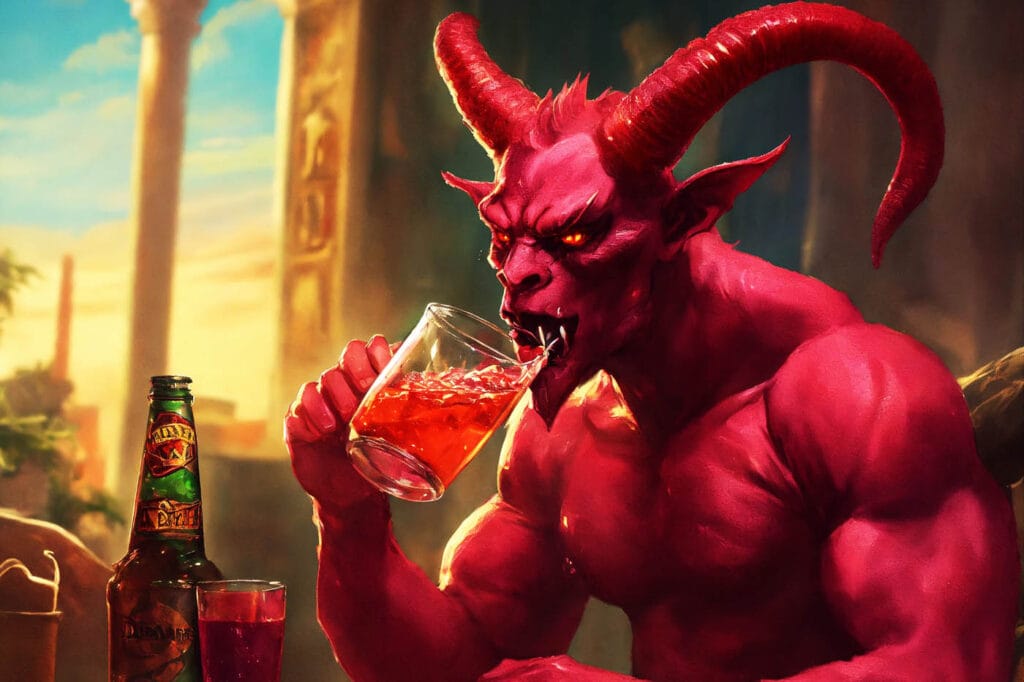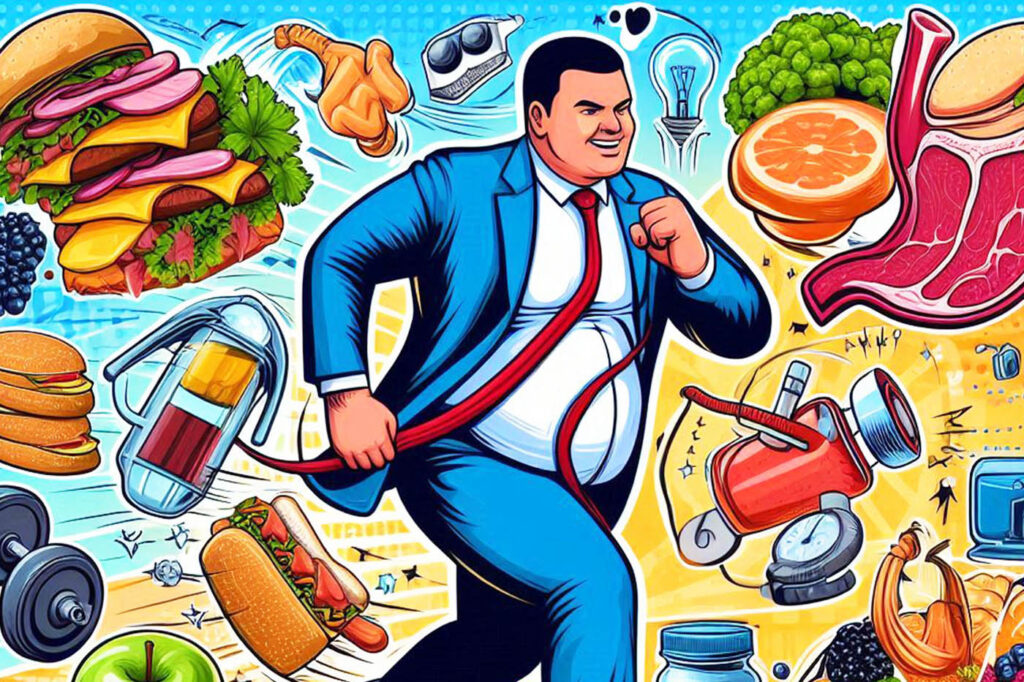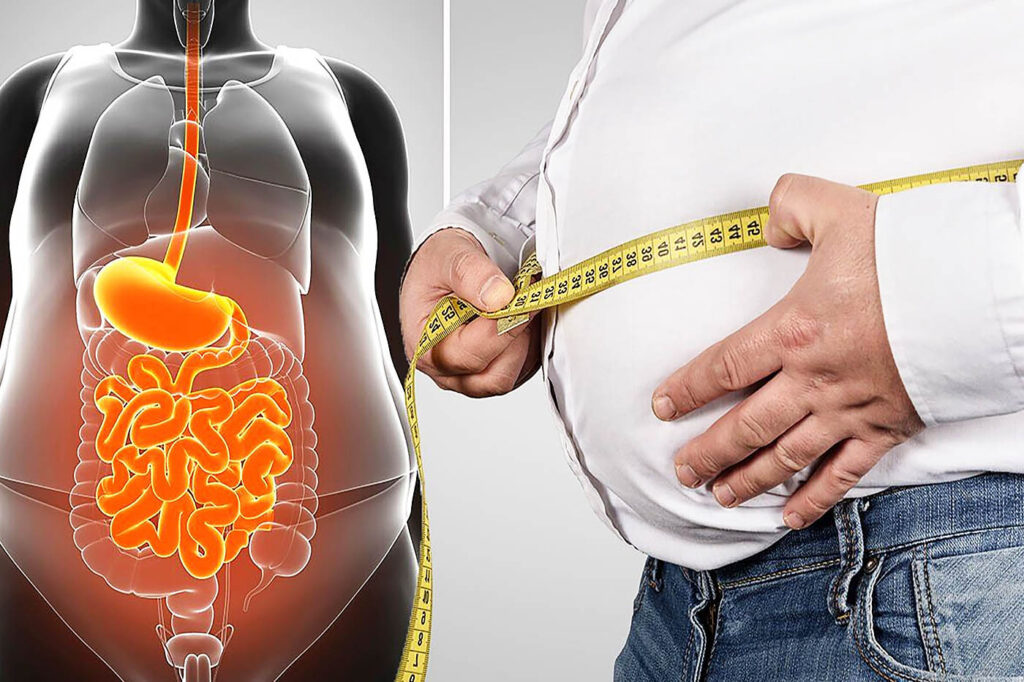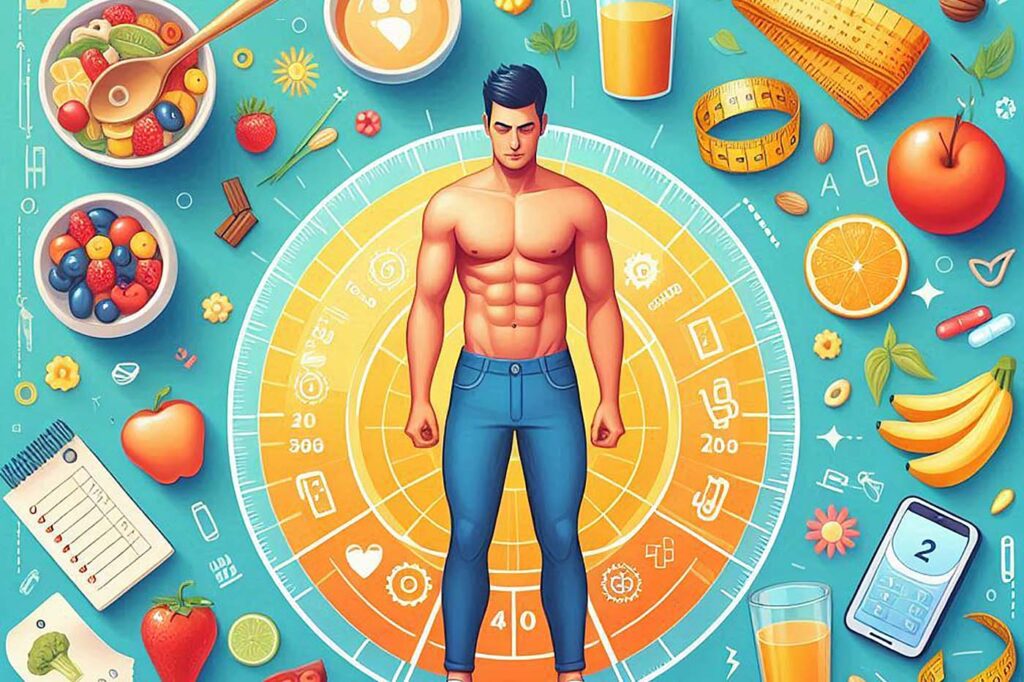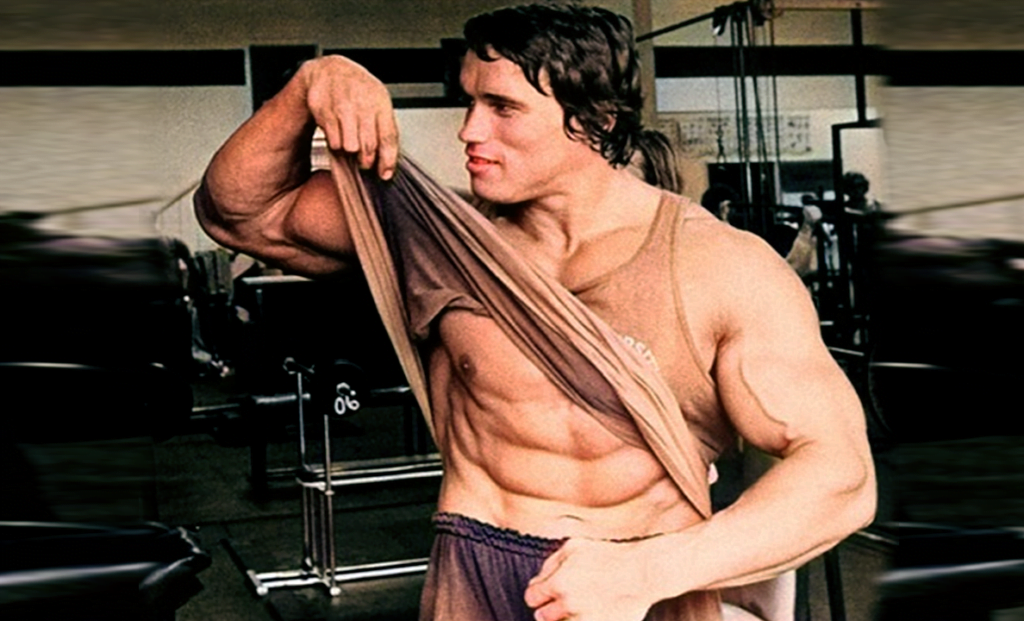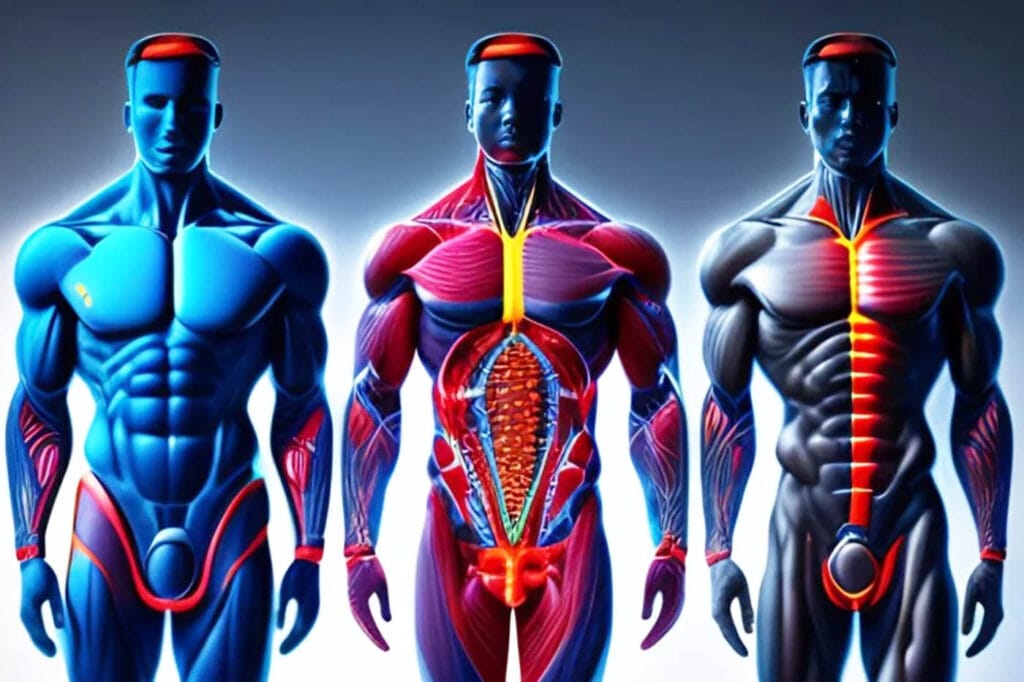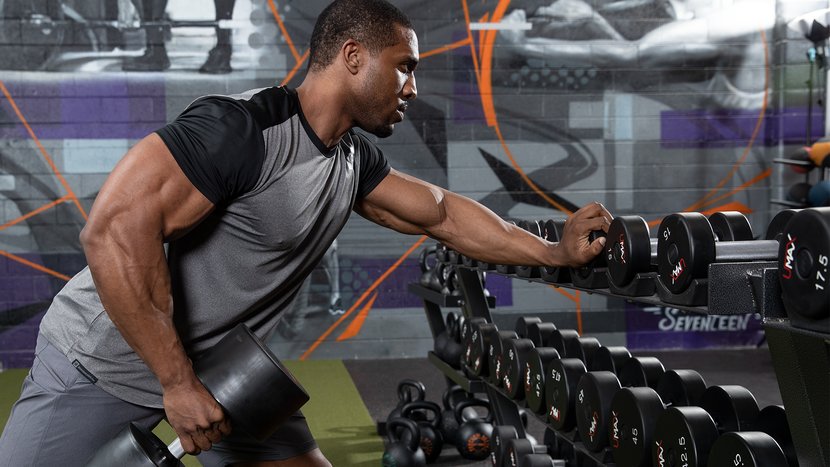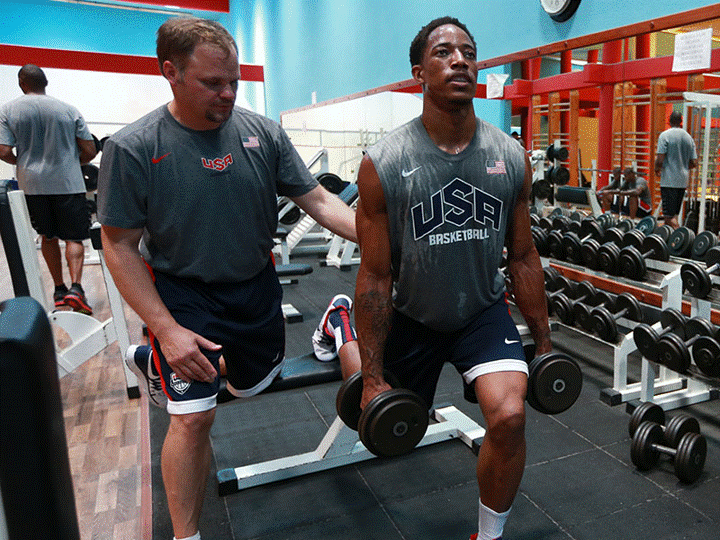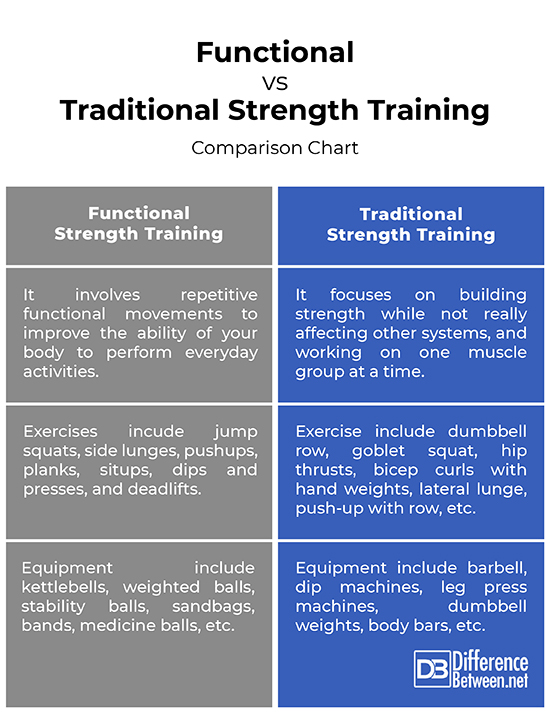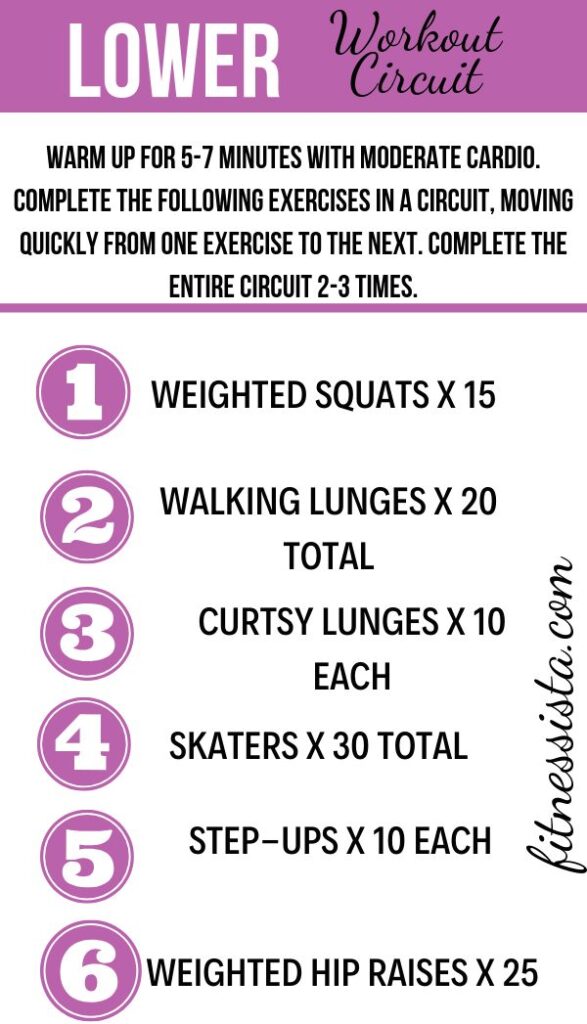Alcohol significantly slows down fat burning. The body prioritizes metabolizing alcohol over burning fat.
Alcohol consumption can hinder your weight loss efforts. When you drink alcohol, your liver focuses on breaking it down, neglecting fat metabolism. This process can lead to fat storage and slow down your progress. Additionally, alcohol contains empty calories, which provide no nutritional value but add to your daily caloric intake.
Drinking can also increase your appetite and lower your inhibitions, leading to unhealthy food choices. Regular alcohol consumption can disrupt your sleep patterns, affecting your body’s recovery and overall metabolism. To optimize fat burning, limit alcohol intake and focus on a balanced diet and regular exercise.
The Science Of Alcohol And Metabolism
Alcohol is processed in the liver. The liver breaks it down into acetate. Acetate is then used for energy instead of fat. This process slows fat burning. Fat burning stops when the body uses acetate. This can lead to weight gain over time. Drinking alcohol can also increase appetite. People may eat more unhealthy foods.

Alcohol can lower the metabolic rate. A slower metabolism means fewer calories burned. This can make it harder to lose weight. Alcohol also affects hormones that control hunger. People may feel hungrier and eat more. Drinking often can lead to more body fat. It’s important to understand these effects. This helps in making healthier choices.
Caloric Content Of Alcoholic Beverages
Alcoholic drinks can be high in calories. A glass of wine has about 125 calories. Beer can have up to 150 calories per bottle. A shot of spirits like vodka has about 97 calories. These drinks can add up quickly.
Drinking multiple drinks can lead to high calorie intake. This can affect your weight and health. It’s important to be aware of how many calories you are consuming.
Many popular cocktails have hidden calories. A margarita can have up to 300 calories. A pina colada can have over 400 calories. These drinks often contain sugary mixers. They can add a lot of extra calories.
Even a simple gin and tonic has around 200 calories. The mixers can be high in sugar and calories. It’s easy to consume more calories than you realize. Choose drinks wisely to avoid extra calories.
The Impact of Alcohol on Your Body
Alcohol’s Effect on Fat Burning
Research from the American Journal of Clinical Research reveals that consuming just 24g of alcohol can drastically reduce your body’s fat-burning capacity by 73%. When alcohol is metabolized, it produces acetate, which hinders fat burning by becoming the body’s primary fuel source. So, when you drink alcohol:
- Your liver breaks it down into acetate.
- Your body uses acetate for energy.
- Fat burning takes a hit.
- Alcohol and Increased Appetite
Studies in the American Journal of Clinical Nutrition suggest that alcohol consumption boosts appetite more than other carbohydrate-based drinks. Danish researchers found that alcohol, especially wine, can increase overall calorie intake during meals.
Hormonal Changes Due to Alcohol
Alcohol can lower testosterone and raise cortisol levels, a hormone that breaks down muscle. These hormonal imbalances can persist for up to 24 hours, affecting muscle building and fat burning, especially if you exercise before drinking.
Impact on Vitamin and Mineral Absorption
Excessive alcohol consumption stresses the liver, diverting its resources from processing essential vitamins and minerals. It interferes with vitamin metabolism and nutrient absorption, leading to the excretion of calcium and magnesium through urine, diminishing the benefits of a nutritious diet.
Alcohol’s Effect on Muscle Building
Alcohol slows down protein synthesis in type II muscle fibers by over 20% and decreases muscle insulin-like growth factor-I (GF-I) by 35%, impeding muscle building.
Dehydration from Alcohol
As a diuretic, alcohol dehydrates the body, hindering muscle building and overall health. Dehydration delays recovery, making it essential to drink plenty of water alongside alcoholic beverages.

Alcohol and Sleep Quality
Alcohol disrupts sleep quality, affecting muscle recovery and growth. It can lead to sleep disorders, altering sleep duration, sequence of sleep states, total sleep time, and time to fall asleep.
Post-Drinking Workout Impairment
After excessive drinking, morning workouts may be less effective due to the body needing time to recover and detoxify. While you can still exercise, it may not be your best performance.
Alcohol’s Influence On Hormones
Alcohol impacts insulin levels in the body. It can cause spikes in blood sugar. This spike is followed by a rapid drop. Low blood sugar leads to cravings for sugary foods. High insulin levels make it hard to burn fat. The body stores more fat instead.
Alcohol raises cortisol levels. Cortisol is the stress hormone. High cortisol levels lead to increased fat storage, especially around the belly. Stress response gets affected, making the body store more fat. This makes it harder to lose weight.
Fat Oxidation And Alcohol Consumption
Fat burning happens in the body’s cells. This process is called fat oxidation. During fat oxidation, fat molecules break down. This releases energy for the body to use. Enzymes help in this process. The liver plays a crucial role in fat metabolism. Without proper fat oxidation, energy levels drop. The body needs a balance of nutrients for fat burning.
Alcohol consumption impacts fat oxidation negatively. The liver prioritizes alcohol metabolism over fat. This means fat burning slows down. Alcohol also increases fat storage in the body. Calories from alcohol are empty calories. They add no nutritional value. This leads to weight gain. The body uses alcohol as a quick energy source. This leaves fat untouched. Alcohol disrupts hormone levels too, affecting metabolism. It’s important to understand these effects.
Nutrient Absorption And Alcohol
Alcohol affects how the body absorbs macronutrients like proteins, fats, and carbs. The liver breaks down alcohol, but this process takes priority. This means fewer enzymes are available for digesting food. Alcohol can damage the stomach lining. This makes it harder to absorb nutrients. Alcohol also slows down digestion. Food stays in the stomach longer, leading to less nutrient absorption.
Alcohol interferes with the absorption of vitamins and minerals. The body needs these nutrients to stay healthy. Alcohol can deplete vitamin B, vitamin C, and folic acid. It also affects the absorption of minerals like calcium, magnesium, and zinc. This can lead to deficiencies. These deficiencies cause health problems. Alcohol can also cause loss of nutrients through urine. Drinking too much alcohol can weaken your body over time.
Physical Activity, Alcohol, And Fat Loss
Alcohol impacts workout performance. It can make you feel tired and less motivated. Your coordination and focus may suffer. This can lead to poor form and potential injuries. Alcohol also dehydrates the body. Dehydration reduces your strength and endurance. Post-drinking workouts are less effective and less productive.
Recovery times are longer with alcohol consumption. Your body needs more time to heal and repair. Muscle growth is hindered due to the negative impact on protein synthesis. Sleep quality is also affected, which is crucial for muscle recovery. Alcohol disrupts your sleep cycle, making it harder to get the rest you need. Reduced sleep and poor recovery slow down your fat loss and muscle gain.
Real-life Effects Of Moderate Drinking
Light drinkers tend to have less body fat. They often see no weight gain. Studies show they can drink one or two drinks without harm. Some even have better heart health. They may live longer lives. Moderate drinking can help with social interactions too.
Moderate drinking can lead to better health. It can reduce stress and improve mood. Drinking in moderation may lower risk of certain diseases. Heart disease and diabetes risks can decrease. Alcohol in small amounts can be beneficial. Too much alcohol can be harmful. Always keep it moderate.
Strategies For Balancing Alcohol And Fitness Goals
Choose low-calorie drinks like vodka soda or light beer. These drinks have fewer calories. Set a limit on how many drinks you will have. Stick to that number. Drink water between alcoholic drinks. This helps you stay hydrated. Avoid high-sugar mixers like soda or juice. These add extra calories. Eat a healthy meal before drinking. This can help you feel full.
Exercise regularly to burn off extra calories. Alcohol can slow down your metabolism. Balance it with good habits. Plan alcohol-free days each week. This gives your body a break. Track your calorie intake to stay aware. Alcohol adds hidden calories. Choose social activities that don’t involve drinking. This can help you keep your goals in check.

Debunking Myths About Alcohol And Fat Loss
Many think alcohol stops fat loss. This is not always true. Alcohol has calories. It can add to your daily intake. But, it does not stop fat burning completely. Enjoying alcohol in moderation is key. This means not drinking too much.
Some believe drinking alcohol makes you gain weight. This depends on how much you drink and eat. High-calorie drinks and snacks can lead to weight gain. Balance is very important.
Scientific studies show mixed results. Some studies say alcohol can slow down fat burning. Other studies say it has little effect. The real impact depends on total calorie intake. Eating healthy and staying active are more important.
Many believe myths about alcohol and weight loss. It is important to look at facts. Always check reliable sources. Talk to experts if unsure. Understanding the truth can help you make better choices.
Making Informed Choices
Understanding your goals is very important. Some people want to lose weight. Others want to get stronger. Drinking alcohol can make it harder to reach these goals. Alcohol has many calories. It can also slow down fat burning. These effects can make it hard to lose fat.
Everyone’s body reacts differently to alcohol. Some might not see a big impact. Others might struggle a lot. It is key to know how alcohol affects you. This way, you can make the best choices for your health.
Sometimes, it is good to talk to a professional. Doctors and nutritionists can help. They can give advice that fits your needs. If you struggle with alcohol, seek help. Professionals can guide you. They can offer support and tips. This helps you stay on track with your goals.
Frequently Asked Questions
Can You Still Burn Fat If You Drink Alcohol?
Yes, you can still burn fat if you drink alcohol, but it can slow down the process. Moderation is key. Choose low-calorie options and maintain a healthy diet and exercise routine.
Which Alcohol Burns Fat?
No alcohol directly burns fat. Moderate consumption of red wine may support weight loss due to resveratrol, but results vary.
Does Alcohol Contribute To Lower Belly Fat?
Yes, alcohol can contribute to lower belly fat. It contains empty calories and can increase appetite, leading to weight gain.
Why Do I Lose Weight When I Drink Alcohol?
Alcohol can suppress appetite and increase metabolism. It also leads to dehydration, causing temporary weight loss.
Conclusion
Balancing alcohol consumption is crucial for effective fat burning. Excessive drinking hinders metabolism and weight loss efforts. Focus on moderation, nutritious food, and regular exercise to optimize fat burning. Staying informed and mindful of your habits can significantly improve your overall health and fitness journey.

